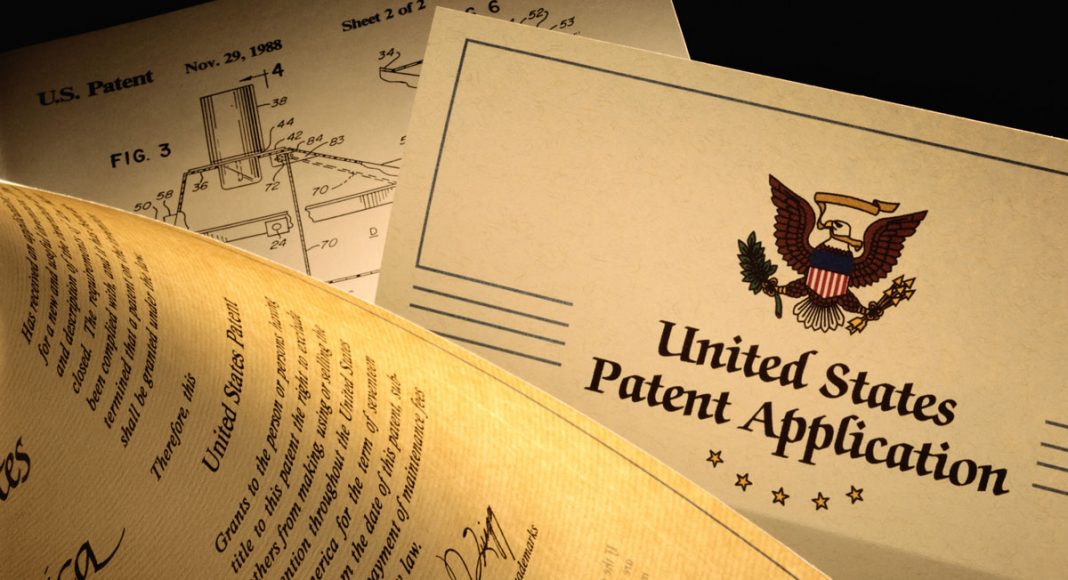In cannabis intellectual property (IP) law, as in most areas of cannabis law, separating the flowers from the weeds is difficult. There is a lot of misinformation available on the internet and elsewhere about whether pot is protectable under patent or similar laws, and what patentability means for the industry.
This post gives an overview of IP protection potentially available for cannabis strains and related plants. Under U.S. federal law, new plant varieties can be protected under the Plant Variety Protection Act (PVPA), as a plant patent under the Plant Patent Act (PPA), or as a utility patent under the Patent Act. Plant varieties could also be trade secrets or subject to contractual (licensing) protection.
PVPA: The Plant Variety Protection Act protects sexually reproduced (by seed) or tuber-propagated plant varieties, except for fungi or bacteria. The statute, which is administered by the Department of Agriculture, usually provides 20 years of almost-exclusive rights after the date on which the plant variety is certified. A variety for which PVPA certification is sought must be new, which is similar to the novelty requirement under the Patent Act. The variety must also be distinct, uniform, and stable, accordingly to USDA regulations. A certificate holder may pursue civil infringement remedies in court.
-
Related Story: Canada May Become The New Leaders In Cannabis Research
PPA: The Plant Patent Act protects asexually reproduced (e.g., by cuttings, grafting and budding) plant varieties, which are not tubers. For PPA protection, the Patent and Trademark Office requires that a variety be new, nonobvious, and have some de minimus utility, among other things. These requirements are common to all U.S. patents, and are the subject of extensive statutory and case law interpretation. In addition, a patented plant must differ from known plants by at least one distinguishing characteristic which is more than that caused by different growing conditions or fertility. A plant patent is limited to one genome of the plant, so that mutations or hybrids would not be covered in the patent, but would be separately patentable. Plant patents expire 20 years after the filing date of the application for the patent. A patentee may pursue civil infringement remedies in court.
Patent Act: Utility patents under non-Plant Patent Act law can be granted for plants, seeds, plant varieties, plant parts (e.g., fruit and flowers), and processes of producing plants, plant genes, and hybrids. As with other patents, a variety sought to be patented must be new, nonobvious, and have some utility, among other things. Civil infringement remedies are available in court.
Trade secrets/licensing: Though trade secret protection might be available to plant varieties, the ability of a skilled person to independently reproduce the variety in question could eliminate any protectable secret. Some breeders have sought to protect plant varieties by licensing contracts that purport to limit the use or distribution of the variety. Often known as “bag-tag” or “seed-bag” licenses, these are generally covered by state law.
-
Related Story: Texans Urging Republicans To Expand Medical Marijuana Access
The PVPA, the PPA, and the Patent Act all provide exclusive rights for 20 years, which can be enforced in court. The PVPA and the PPA differ primarily depending on whether the plant is sexually (PVPA) or asexually (PPA) reproduced. Utility patents may have more stringent requirements for applications than plant patents, but generally offer broader protections than plant patents. In particular, whereas a plant patent has only a single claim that defines the scope of the patent, a utility patent can have multiple claims, each addressing different parts of the plant or ways of using the plant that are disclosed in the specification of the patent. Also, utility patents are available for both sexually and asexually reproducing plants.
IP protection for cannabis plants used to be theoretical, but this changed recently. In the last two years, the PTO has issued plant patents, e.g., U.S. PP27475 P2 (Cannabis Plant Named ‘Ecuadorian Sativa’), and utility patents, e.g., U.S. 9,095,554 (Breeding, Production, Processing, and Use of Specialty Cannabis). In the next installment of the Cannabis Patent Primer, I will discuss what cannabis patents mean to the cannabis industry and try to dispel some of the patent myths common to the industry.
John Mansfield is an attorney at Harris Bricken, a law firm with lawyers in Seattle, Portland, Los Angeles, San Francisco, Barcelona, and Beijing. This story was originally published on the Canna Law Blog.


